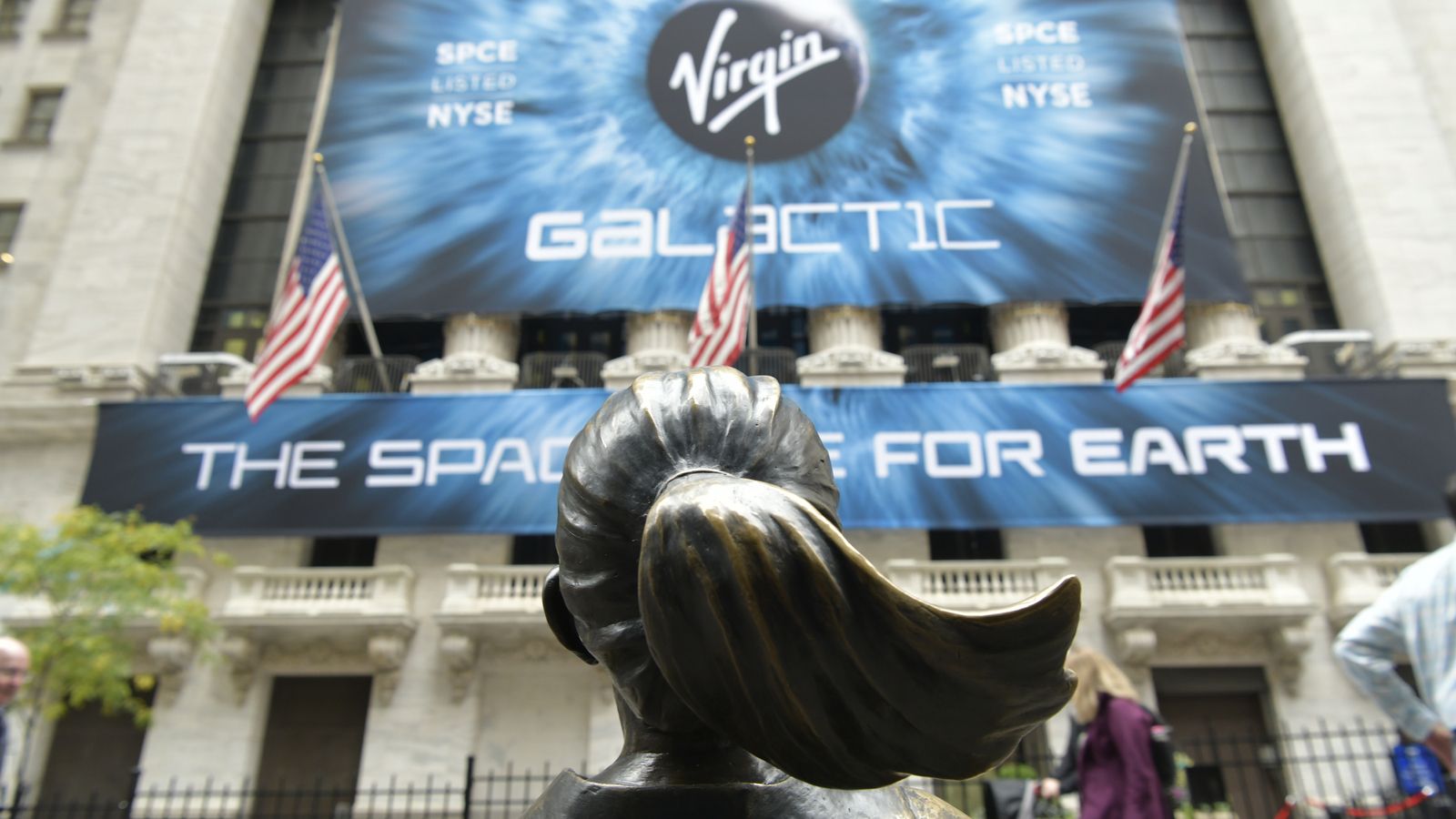Space tourism pioneer Virgin Galactic (NYSE:SPCE) is generating some excitement as its next manned test flight approaches. Shares of SPCE stock are rising, too.

Sorry to you adventure-seeking investors, however. SPCE is not rising like a rocket.
In fact, it is quite likely that gravity – and reality – will regain control over the stock even if Friday’s scheduled flight goes as planned. I’m not forecasting problems but I am suggesting folks don’t get carried away.
SPCE Stock At a Glance
Virgin Galactic is the brain child of wealthy British adventurer Richard Branson. In 2004, Branson decided to build a company that would haul paying customers to the edge of space and back. It has been a difficult endeavor. Although the effort encountered numerous obstacles, the company learned, adapted and carried on.
A significant step occurred on Oct. 28, 2019, when Virgin Galactic Holdings reached the market. SPCE stock opened at $12.34.
The stock is a volatile one, which happens with speculative business ventures – and Virgin Galactic is certainly speculative. However, that shouldn’t scare investors committed to the company. Over the last year, the share price ranged from $8.75 to $40.49.
That is quite a range. And it’s not a vaccine stock, either.
Recently, Virgin Galactic investors cheered when SPCE stock once again broke through the $30 mark. On Dec. 9, the stock knocked around between $30 and $35. This compares to a price of about $17 per share just one month ago.
As you might expect, this month-long run up led to speculation that shares might reach $40.
Overcoming the Q3 Report
The company recently announced its third-quarter “earnings” and the numbers would make a conservative investor shiver.
Virgin Galactic reported no sales revenue and a loss of 34 cents per share for the three months ending Sept. 30, 2020. But as my InvestorPlace colleague Muslim Farooque recently stated, owners of SPCE stock are looking beyond the mere three-month snapshot.
“It’s rare to see the market looking past a company’s dismal quarterly results,” Farooque writes. “However, Virgin Galactic is in a unique position where investors squarely focus on the long term.”
This long-term view includes the company’s way to make money. Each of its space planes will be able to carry a crew and six passengers up to 50 times per year. Tickets for the excursion to space cost $250,000, which is up from the original $200,000 price tag. The company raised the price in 2013.
The ticket hike didn’t seem to hurt. Virgin Galactic says it has about 600 reservations from folks around the world.
The Coronavirus Effect
The novel coronavirus raging unchecked across the United States is causing problems for Virgin Galactic’s operations in New Mexico. Soaring case levels interrupted the company’s hiring plans and made it difficult to complete necessary tasks.
A major example of this impact is the upcoming test flight. Originally, this flight set for November. In the days leading up to Dec. 11, some doubts remained that the flight will take place.
Virgin Galactic encountered many problems over the years that forced managers to postpone key activities and delay major goals. But these hurdles were mostly confined to technology and industrial issues. Coping with a virus that is deadly and highly contagious will put additional pressure on the company’s steady efforts to send its space planes skyward and make a profit.
The Bottom Line
When I last wrote about Virgin Galactic, I argued that SPCE stock is a best reserved for investors with a taste for speculation.
That assessment has not changed.
To be sure, investing in a space venture brings thrilling visions of The Right Stuff and heroes like Chuck Yeager and John Glenn who risked it all. This is true for Virgin Galactic, too. Test pilots have died during Virgin Galactic’s quest to provide space tourism. Their sacrifice hopefully will ensure that wealthy space tourists have a safe and fun experience.
Though not like being a test pilot, buying SPCE stock is a risky move. But it also has potential. Just wait until gravity brings the price back down a bit.
On the date of publication, Larry Sullivan did not have (either directly or indirectly) any positions in any of the securities mentioned in this article.
Larry Sullivan is a veteran journalist in Florida who has covered banking and finance for several years. He is a former investing editor at U.S. News & World Report in Washington D.C.
